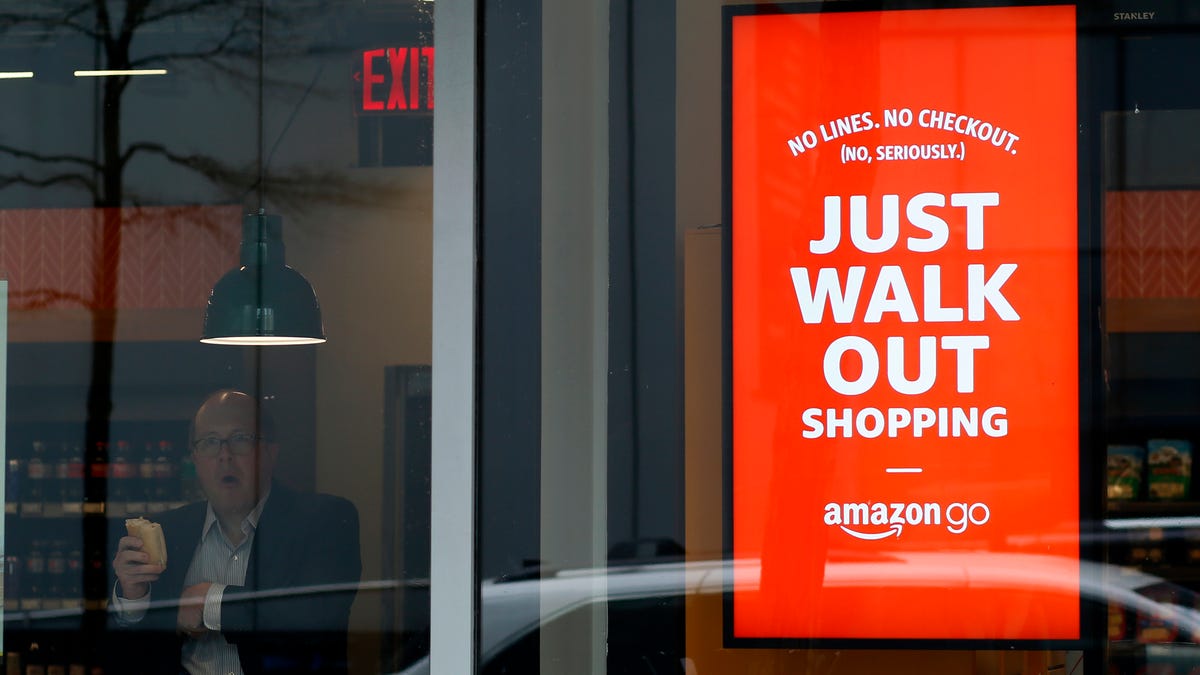“When the facts change, I change my mind.” Since the predicted Wall Street decline in the wake of Donald Trump’s election didn’t happen, we have to come to terms with that and follow the maxim of English economist John Maynard Keynes (1883-1946). Of course, there were a thousand arguments: the promised rise in tariffs, the announced deportation of migrants that would lead to a labor shortage, and the excessive deficits likely to revive inflation. However, all of this is long-term. In the meantime, Wall Street has continued to soar since the election (5% for the major S&P 500 companies and 7% for Nasdaq technology stocks), and the bond market, which seemed to be giving signs to the contrary – rates rose when they should have fallen – is finally coming around. If not for the economy, Trump is at least good for the stock market. Investors have poured $140 billion (€132 billion) into US equities: it’s the “Trump Bump.”
Why aren’t the markets following the gloomy analyses of many economists? Because they’re convinced that Trump’s sport is more wrestling than boxing, and more of a phony fight rather than real. It’s true that the president-elect has announced mass deportations, but the resources of the federal border agency, which carried out 80,000 deportations a year under his first term, are insufficient to deal with millions of cases. True, he has promised 25% tariffs on imports from Canada and Mexico, but this was to immediately stage-manage the supposed capitulation of these two countries’ leaders.
He also announced 10% additional duties on China, but was that not a way of postponing the promised 60%? Incidentally, the economic team doesn’t include the highly protectionist Robert Lighthizer, who led trade negotiations during his first term, but a series of Wall Street veterans, who have one obsession – not bringing down the financial markets. These appointees, to the Finance Committee, the Security Exchange Commission (SEC, the market regulator), the Energy Agency and the Environmental Protection Agency, are preparing to reduce taxes and deregulate.
Curious national union
Trump wants to reduce corporate income tax from 21% to 15% and should have the political majority to do so. He wants to liberalize financial markets, which have been heavily restrained since the great collapse of 2008. He is a big supporter of crypto-currencies, and the appointment to the SEC of one of their advocates, Paul Atkins, should accelerate inflation of the bitcoin bubble, whose value has exceeded $100,000. Trump will encourage hydrocarbon drilling. In short, it’s euphoria.
You have 34% of this article left to read. The rest is for subscribers only.













